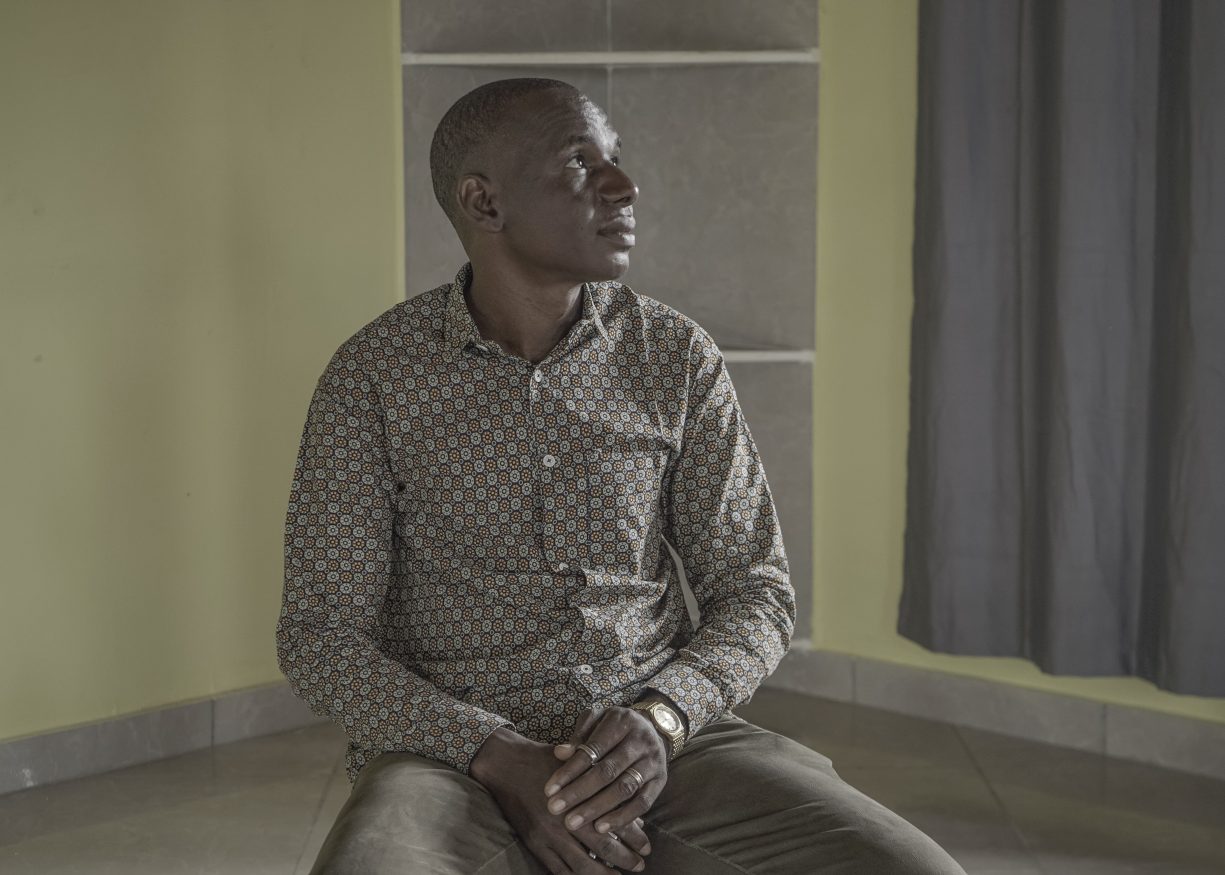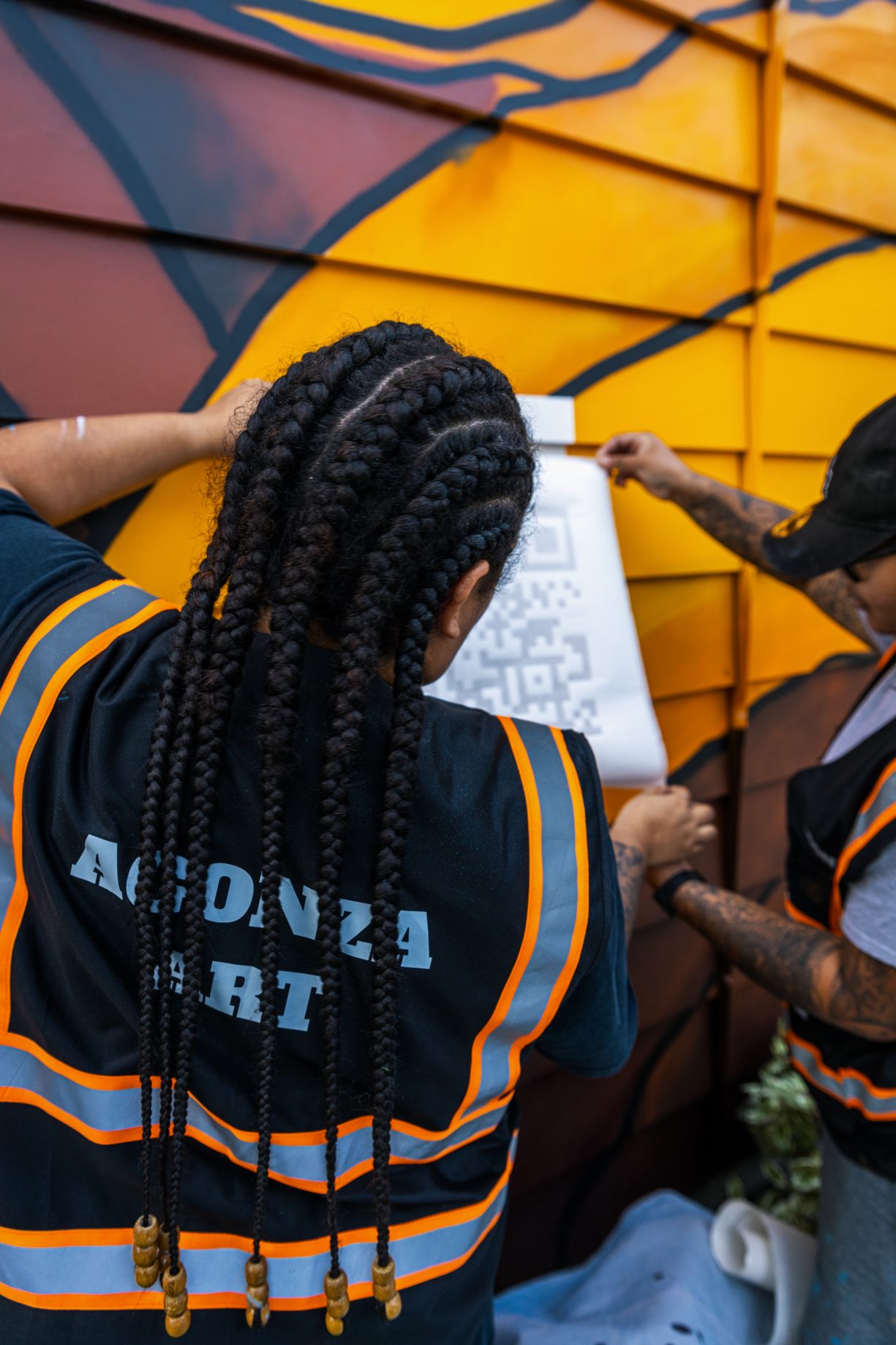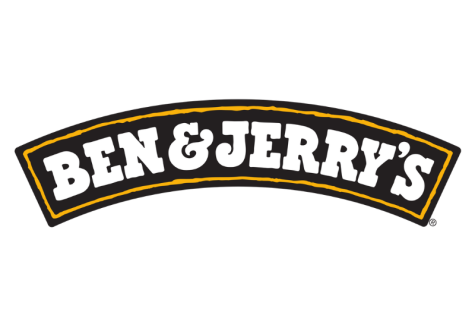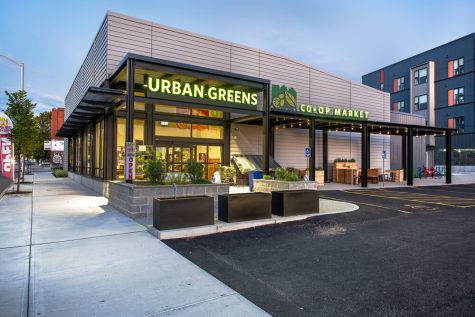Bengaly Bourama
Bengaly Bourama is a farmer with COOBADI, a Fairtrade certified cocoa cooperative in Côte d’Ivoire. He hails from Mali and studied human resource management while at university there. Upon completion of his studies, he encountered a familiar dilemma–what to do next. His father pitched cocoa farming to him, noting that it was a profitable alternative to “just wandering around, doing endless internship[s]”–plus, it was an opportunity for entrepreneurship, an idea that agreed with Bengaly. So, he settled in Côte d’Ivoire, ready to attend trainings, craft a business plan and cultivate cocoa.
More than 90% of the world’s cocoa is grown on smallholder farms by five to six million farmers.
Diversification is the way forward
Between inflation and climate change, most farmers can’t count on cocoa to make a decent living. Bengaly explains that drought has disrupted the normal rain patterns in the region. The lack of water stresses plants and decreases the number of pods that grow on a given cacao tree–even how many beans grow within each pod. Fertilizers can’t solve the problem because they require water to activate and be soaked up by the roots. Additionally, when the plants are stressed by drought, their ability to withstand cacao swollen shoot virus is diminished, and they often die within a few years of infection. In both of these ways, drought decreases production, making it all the harder for farmers to earn a decent living from their cocoa crops.
That’s why many COOBADI farmers–including Bengaly–have expanded into palm and some into rubber. They’re also collaborating with partners to undertake significant shade tree planting initiatives to strengthen the viability of cocoa in the region. Why shade trees? Cacao–the fruit that produces cocoa beans– is an understory plant, and without shade from the canopy, young plants get stressed, negatively impacting their health, productivity and longevity.


People and Planet
Fairtrade Standards promote environmental sustainability in a number of ways, like:
- prohibiting GMO seeds and more than 200 highly hazardous pesticides.
- requiring Fairtrade farmers and workers to receive training on integrated pest management so that they can protect soil and water health.
- incentivizing organic production through a higher Fairtrade Minimum Price.
Price is at the center of Fairtrade’s work because when farmers and workers get a fairer deal, they have more resources to adapt to climate change. Fairtrade Standards holistically address environmental, economic and social sustainability because you can’t have one without the others.
Strong co-ops make strong business partners
Bengaly has seen the impact of strong partnerships. In 2022 alone, COOBADI received over 25,000 shade tree saplings and distributed them amongst members to help provide shade to cocoa trees that are trying to establish amid the increasing prevalence of drought and disease. This is a massive coordinating effort. What made it possible? COOBADI became a Fairtrade cooperative in 2014, and since then members have participated in a host of Fairtrade trainings to strengthen the co-op’s capacity. Topics of study have included income diversification, good governance, child labor and gender equality. Bengaly reflects that COOBADI has been able to operate more efficiently upon members receiving training on organizational structure that helped to differentiate the roles and responsibilities of the Board of Directors, staff leaders and association members.

Since 2019, Bengaly has served as the Deputy General Secretary of COOBADI. In this role, capitalizing upon his language abilities, Bengaly has overseen the completion of membership paperwork for the cooperative. And this is no small job, given the growth of the co-op. He shares that “every year we have new members.” Why? “Well, what attracts the producers is firstly trust. The cooperative has strength because we have a client behind us.” That client is Ben & Jerry’s, the global ice cream company that in 2015 converted all their ice cream to be Fairtrade certified, and further, established a linked prosperity (long-term) relationship with a few Fairtrade cocoa co-operatives in CDI, including COOBADI. Bengaly notes that Ben & Jerry’s is unique among cocoa clients for paying Fairtrade’s Living Income Reference Price–a selling price that covers the cost of farm expenses AND a decent standard of living for all household members (think: healthy food, clean water, safe housing, medical care, modest savings). The Fairtrade Standards include a host of pricing mechanisms to bring about a fairer future–but right now there is a gap for many farmers between current incomes and living incomes. By paying the Living Income Reference Price since 2020, Ben & Jerry’s is bridging that gap for the farmers they work with. Bengaly’s conclusion? “With the project of Ben & Jerry’s, we are, we can say, the best cooperative in the area.”
We are grateful for the knowledge and organization that Bengaly brings to COOBADI, so we’re working with artist AGONZA to feature him on a mural located at Urban Greens Co-op Market in Providence, Rhode Island–where you can find yourself any number of Ben and Jerry’s pints of Fairtrade ice cream that source their cocoa from Fairtrade farmers– like Bengaly.
AGONZA

Ben & Jerry's

At Ben & Jerry’s, enjoying ice cream is equal parts feel-good and do-good. Their ingredient selection and purchasing decisions support their belief in making products that bring joy along with social, economic and environmental justice. Ben & Jerry’s Values Led Sourcing program is rooted in the principles of racial equity, regenerative agriculture, animal welfare, social enterprise and justice for farmers and farm workers.
One project we want to highlight? Since 2020, Ben & Jerry’s has partnered with Fairtrade to pilot income diversification projects to generate new sources of household income for women’s groups within co-operatives. Implemented by Fairtrade Africa, this project supports the women’s groups to generate new sources of household income through investments in value-added processing and extensive business training. For example, a women’s group at COOBADI has set up a cassava processing plant. This allows them to produce and sell attiéké, a staple dish in Cote d’Ivoire made with cassava. Take a look below at this income diversification project in action!
Urban Greens Co-op Market

Urban Greens Co-op Market is a consumer-owned and governed cooperative grocery store. The Co-op is open to all and supports the health and well-being of our customers by offering nutritious, affordable food that is sustainably sourced, culturally inclusive, and supportive of local food.
This mural is located at 93 Cranston Street in Providence, RI.


